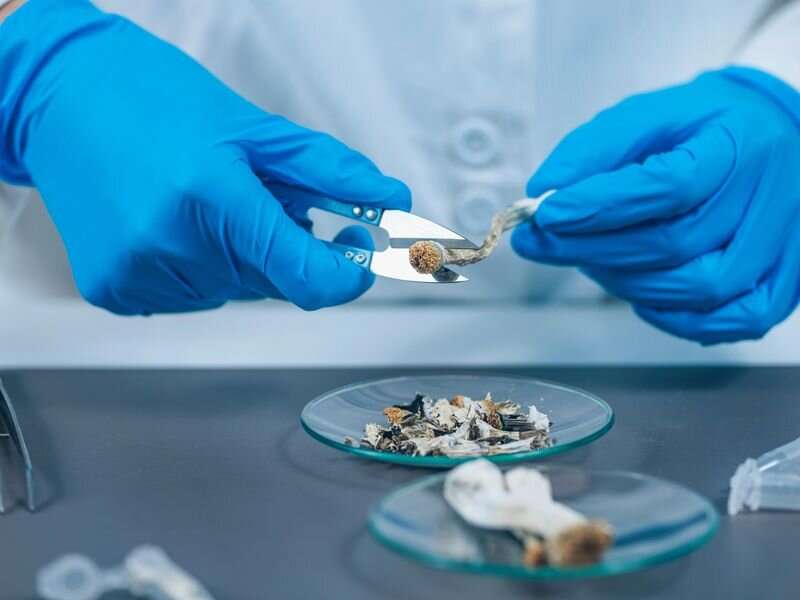
Psilocybin treatment in a community setting appears safe and effective for patients with cancer and depression, according to a research letter published online April 13 in JAMA Oncology.
Manish Agrawal, M.D., from Sunstone Therapies in Rockville, Maryland, and colleagues administered a 25-mg dose of psilocybin in a 1:1 therapist-to-patient ratio to cohorts of three to four patients with cancer who were diagnosed with major depression disorder in a community cancer center. The cohorts received group therapy supplemented by individual therapy. A total of 30 patients were enrolled (mean age, 56 years), half of whom had reported previous antidepressant drug therapy.
The researchers found that no treatment-related serious adverse events occurred, including no suicidality. Adverse events were mild and included headache (24 patients), nausea (12 patients), altered mood (eight patients), anxiety (seven patients), and hallucinations (one patient). There was a significant reduction observed in the Montgomery-Åsberg Depression Rating Scale scores from baseline to posttreatment by week 8. Most patients (80 percent) showed a sustained response, with half showing full remission of depressive symptoms. Self-reported measures of depressive symptoms showed similar efficacy.
“With an innovative study design of treating cohorts simultaneously, using one therapist per patient, and providing group therapy support, participants experienced clinically meaningful, rapid, and sustained improvement in symptoms of depression over eight weeks following a single treatment of psilocybin therapy,” the authors write.
Several authors disclosed financial ties to COMPASS Pathways, which funded the study.
More information:
Manish Agrawal et al, Assessment of Psilocybin Therapy for Patients With Cancer and Major Depression Disorder, JAMA Oncology (2023). DOI: 10.1001/jamaoncol.2023.0351
Journal information:
JAMA Oncology
Source: Read Full Article